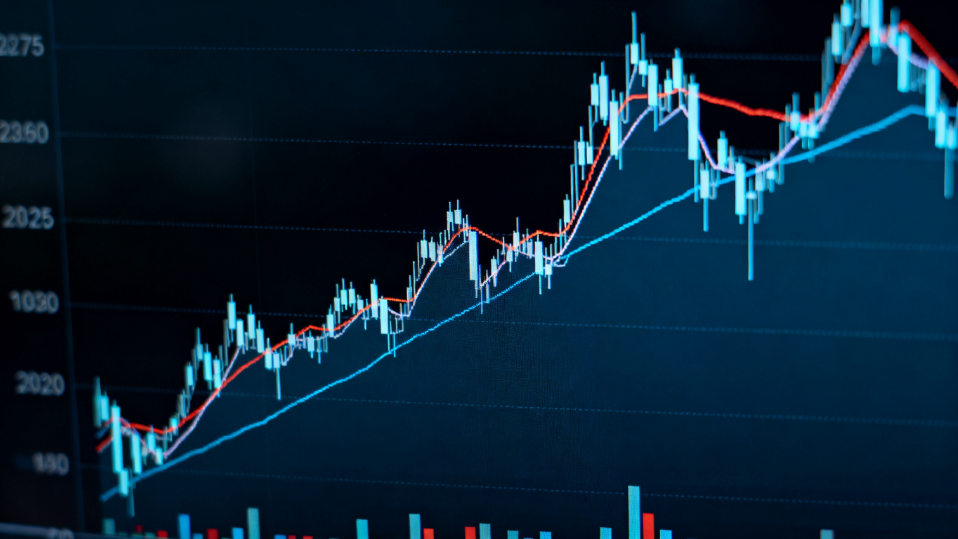
The Nikkei 225 opened at 50,357.15 points in the morning session, down 0.31%.
In terms of individual stocks, SoftBank Group, Tokyo Gas, and Tokyo Electron were among the first to rally.
On the news front, around 17:00 local time on October 27, US President Trump arrived at Tokyo, Japan aboard the "Air Force One" presidential aircraft, beginning a three-day official visit. Japanese Prime Minister Kachi Sanae posted on social media to welcome him, stating that "all of Tokyo's landmark buildings have been illuminated."
According to the Asahi Shimbun, Kachi Sanae and Trump will sign a joint document on ensuring the supply of rare earth minerals. The two leaders are expected to discuss defense spending and potential projects for a $550 billion investment fund.
Hideyuki Ishiguro, chief strategist at Nomura Asset Management, said: "Following the significant rise yesterday, morning trading might see a tug-of-war between bulls and bears, but expectations for the Japan-US talks and Advantest's performance should gradually push the market towards buying."
Traders in the Japanese government bond market are highly vigilant, closely watching whether Trump will exert more pressure on its ally to increase defense spending. If this happens, it would put renewed upward pressure on long-term Japanese government bond yields, just as the market was gradually calming down after Kachi Sanae's unexpected victory in the LDP election earlier this month, which had pushed yields to multi-year highs.
Ryutaro Kimura, senior fixed income strategist at AXA Investment Managers, said: "As a conservative politician, Kachi has a strong interest in national defense and might be seen as a communicative counterpart open to US demands—this could pose potential risks to Japan's fiscal outlook and the stability of JGB yields, especially for ultra-long-term Japanese government bonds."
Recently, economists at Moody's stated in a report that the Bank of Japan is likely to keep interest rates unchanged this Thursday, due to Japan's poor trade performance and fragile domestic demand, which are putting pressure on the economic outlook. They said: "Following Kachi Sanae's appointment as Japanese Prime Minister, the yen depreciated significantly, reflecting market concerns about potential fiscal expansion and threats to the Bank of Japan's independence."
The aforementioned economists believe that once investors recognize that fiscal expansion will be moderate and the Bank of Japan's independence will remain intact, the market reaction may reverse. Their baseline forecast is that the Bank of Japan will raise interest rates in January next year.
















